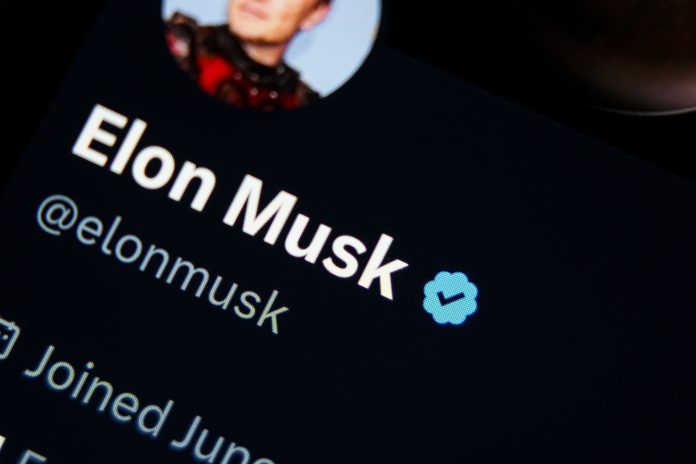A divided U.S. appeals court has ruled that Tesla CEO Elon Musk’s 2018 tweet, which stated that employees would lose stock options if they unionized, falls under the protection of free speech and should not be deleted. The New Orleans-based 5th U.S. Circuit Court of Appeals overturned a National Labor Relations Board (NLRB) order from 2021 that deemed the tweet an unlawful threat. The court’s 9-8 decision emphasized that removing speech from private citizens on matters of public concern is not traditionally accepted by American law.
The ruling means the court did not address whether Musk’s tweet violated the National Labor Relations Act. It also instructed the NLRB to reevaluate its decision to reinstate a pro-union employee who had been terminated. The dissenting judges, including all of the court’s Democratic appointees, criticized the ruling for being “light on law and facts.”
This case, which precedes Musk’s acquisition of X (formerly Twitter) in 2022, arose during a union organizing campaign at Tesla’s Fremont, California, plant. In the tweet, Musk suggested that employees had nothing stopping them from voting to unionize but questioned the necessity of paying union dues while giving up stock options. Tesla maintained that the tweet was not a threat but a reflection that unionized workers at other auto companies do not receive stock options. Although a three-judge panel initially disagreed with this interpretation, the full appeals court opted to rehear the case.
On the other hand, Musk also shocked investors by forecasting a 30% growth in vehicle sales for the next year, largely attributed to introducing a new, cheaper model and advances in self-driving technology. This optimistic outlook resulted in a significant surge in Tesla’s stock price, the largest since the company reported its first quarterly profit in May 2013. However, analysts remain skeptical, given the current demand challenges and increasing competition in the EV market.
Despite Musk’s ambitious sales target, many analysts predict more modest growth figures, with Deutsche Bank estimating 12% growth and RBC projecting 13%. The global EV market is experiencing a slowdown, with the International Energy Agency forecasting only a 23% growth in sales this year, down from previous expectations. While Tesla aims to compete with rising Chinese brands like BYD, the challenges of affordability and potential political changes in the U.S. pose significant hurdles.
As Tesla prepares to launch the highly anticipated Cybertruck and continues to focus on its Full Self-Driving software, industry experts stress that delivering on growth promises will be crucial for maintaining investor confidence. With production targets and new models on the horizon, stakeholders closely monitor Tesla’s performance in a rapidly evolving automotive landscape.




